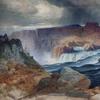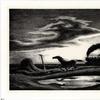Walker Evans Retrospective Offers View of America in Crisis and Its Story in the Vernacular
- PARIS, France
- /
- May 10, 2017
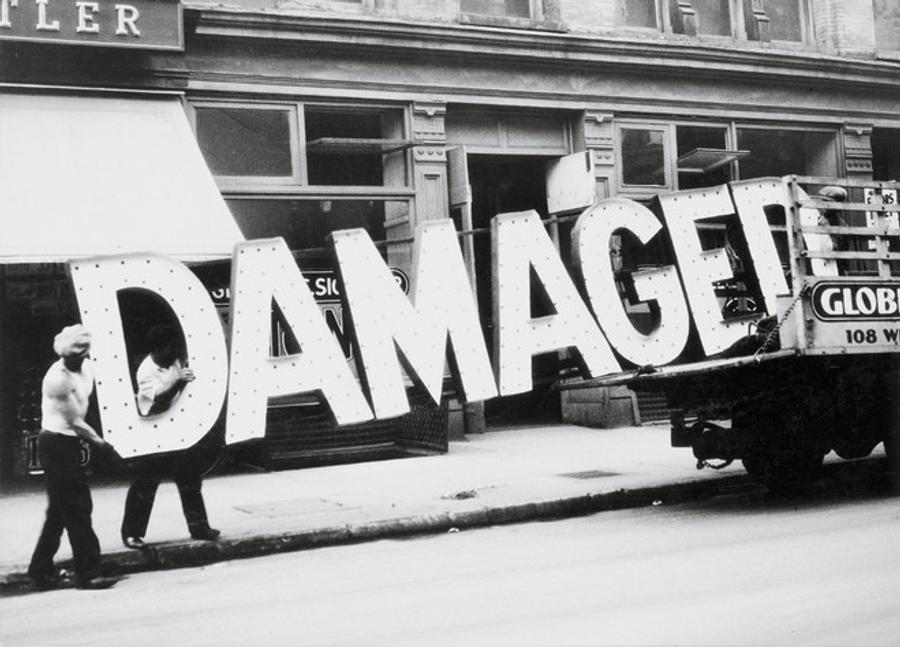
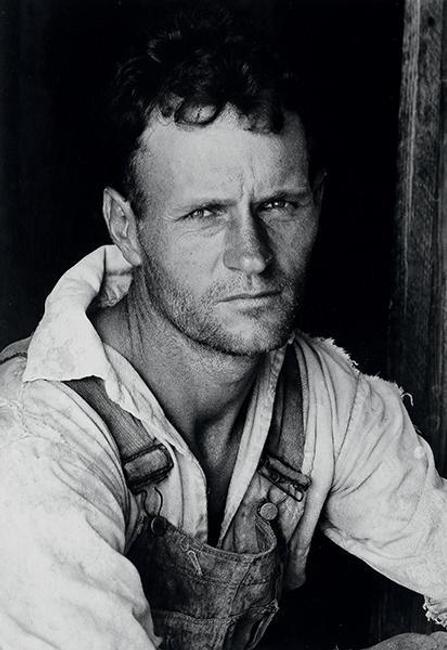
Walker Evans (1903-1975) is one of the most important American photographers of the 20th century. The Centre Pompidou in Paris is now (through August 14) presenting the first major museum retrospective of his work in France.
Through his attention to the details of everyday life and urban banality, Evans largely helped to define the visibility of 20th-century American culture. Some of his photographs have become icons in this respect. His pictures of an America in crisis during the 1930s, his projects published in Fortune magazine during the 1940s and 1950s, and his definition of the "documentary style" have all influenced generations of photographers and artists.
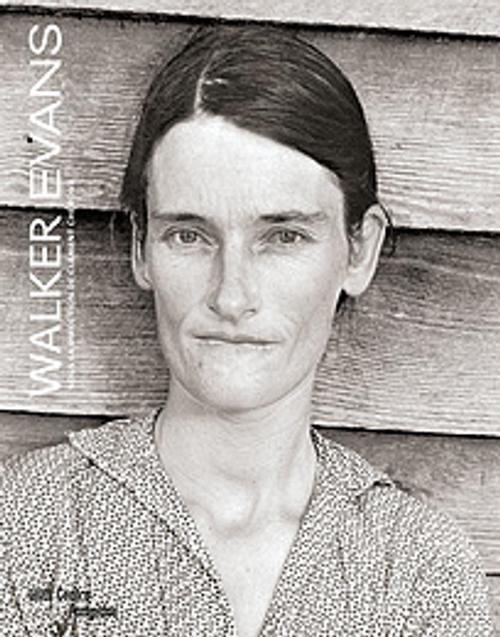
Conceived as a retrospective of Evans’ work in all its completeness, the exhibition highlights the photographer’s fascination with vernacular culture. In the US, "vernacular” defines popular or common forms of expression employed by ordinary people for useful ends. This means everything that is created outside art and the main production circuits. It eventually formed a specifically American culture.
The first part of the exhibition brings together the main subjects of the vernacular constantly sought out by Evans: the typography of a sign, the layout of a display, the window of a small store, etc. The second section shows how he himself adopted the operating mode or visual forms of vernacular photography by occasionally becoming a photographer of architecture, postcards or street portraits for the space of a project. And he always worked explicitly from an artistic viewpoint.
The retrospective looks back at the artist’s entire career, from his first photographs of the late Twenties to the Polaroids of the Seventies, through more than 300 vintage prints from leading international collections, and a hundred-odd documents and objects. It also devotes a considerable place to the postcards, enamel plaques, cut-out images and graphic ephemera Evans collected throughout his life.










